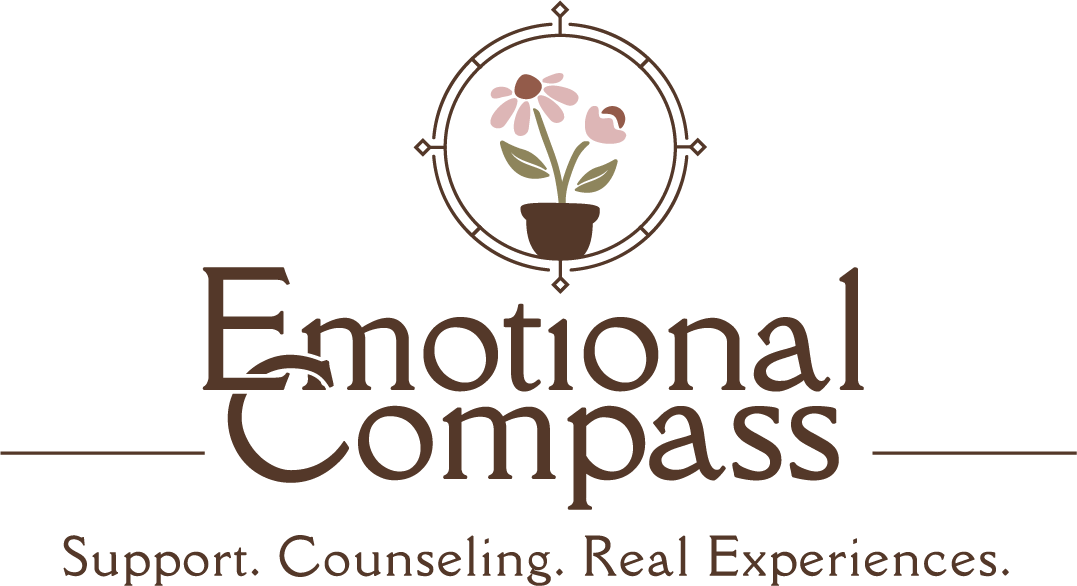Counseling FAQ
What will our first session be like?
Our initial session will give you the opportunity to begin to tell your story, and me the chance to learn more about what brought you to therapy. As you share, I will ask clarifying questions to help deepen my understanding of what you are experiencing. My hope is that after our initial session, you will feel heard and will walk away with a clearer idea of what therapeutic treatment may look like for you. At some point during our first two sessions, we will also use brief screening tools – which are evidence-based mental health questionnaires – to better explore your symptoms, strengths, and objectives.
How often will we meet?
Counseling sessions last 50-minutes each and frequency can be anywhere from twice weekly, weekly, biweekly or monthly depending on the progress made and goals that you want to achieve.
Occasionally, there are times when meeting twice weekly for a few weeks is appropriate because symptoms are severe and a client is needing extra support. Typically, in these cases, we will transition to once a week after symptoms have stabilized.
Likewise, there are times when a client feels that meeting twice monthly is sufficient to meet their needs. Usually, this is later in treatment when the client has met most of their objectives and are preparing for treatment to end.
Less than twice monthly is not recommended at the start of treatment because too much infrequency can negatively impact the therapeutic process, making it hard to build on progress from previous sessions.
How long will I need therapy for?
The timeframe for treatment varies from person to person. My approach to treatment involves checking in regularly about the therapeutic process, identifying and reassessing your objectives along the way, and making sure you are getting what you need out of our time together.
What if I feel like therapy isn’t working for me?
If at any point, you feel your needs are not being met, I am happy to reassess and will work with you to either change the course of treatment, or, if it seems like another provider may be able to better meet your needs, try to find you a solid referral. Therapy is a collaborative process and there is no obligation to continue treatment with me if it no longer feels like a good therapeutic fit.
On the other hand, if treatment is going well, I make a commitment to my clients that I will continue working with you as long as you are benefitting from our time together.
What is the difference between therapy, psychotherapy, and counseling?
All three terms basically mean the same thing and are often used interchangeably. They each describe mental health treatment with a licensed provider. Licensed providers are able to diagnosis mental health struggles and provide treatment. They must adhere to state standards regarding continuing education and standards of practice.
A similar sounding service which is distinct from therapy, psychotherapy, or counseling – is coaching. Coaches are not licensed providers and therefore are not able to provide a diagnosis or bill insurance for treatment. They also are not confined to regulations set by state licensure boards, therefore, coaches are able to work across state lines. (Unlike therapists who can only work with clients who live in the state the therapist is licensed in.)
Sometimes a licensed provider will choose to offer coaching in addition to psychotherapy. When this service is offered by licensed providers, it is distinct from therapy because they are not providing a diagnosis or engaging in therapeutic treatment.
An example would be a therapist who also offers parent coaching. As a coach, they are not working with parents on a deeper level, but instead are trouble shooting parenting struggles. They will teach tools and skills, but probably not dive into working on the parents own therapeutic process. Coaching services cannot be billed to insurance, and the provider would not give a diagnosis or develop a treatment plan for this service.
